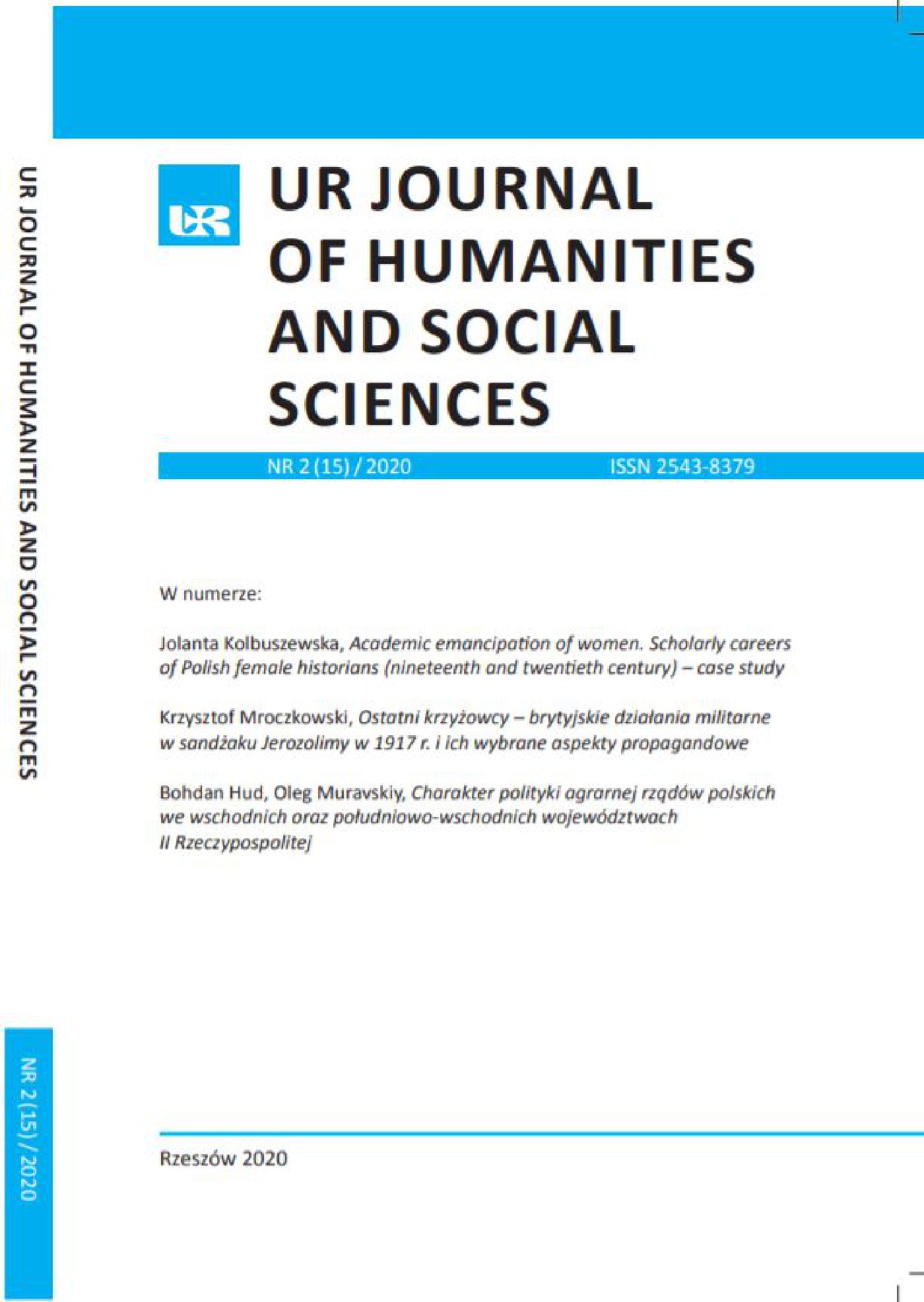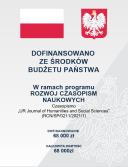Why do we reject the wisdom from the past? Reflections on the practical dimension of values in historical education
DOI:
https://doi.org/10.15584/johass.2020.2.1Keywords:
society, values, attitudes, historical educationAbstract
In times of rapid changes and large amounts of information, a lot of people, especially the young, attach no importance to the past. This is despite the fact that historical education develops intellectually and spiritually, building the identity of the individual and the nation and helps to understand problems of the present. Historical education is the totality of the various elements of education and knowledge which is connected with the transfer of achievements of our ancestors and the evolution of attitudes. In historical education these values occupy an important place. History allows us to understand the behaviour of other people, their emotions and needs. It is very important in history to respect norms and principles of tolerance and democracy. The values of historical education build the authority of and respect for rulers, reinforce a sense of connectedness with one’s homeland, the place of birth and residence. Historical education teaches young people values such as responsibility for their actions, it mobilizes them to work for their environment and creates the need for role models and figures of authority figures. We should remember that the education of young people in history classes helps them function in the modern times and surrounding reality. A history teacher should implement the students to participate in the modern world by showing and shaping the educational values of well thought-out and accurately matched examples from the past to the age of the students. These issues, based on the statements of valued researchers, are addressed in the presented article.Downloads
Download data is not yet available.
Downloads
Published
2020-06-30
How to Cite
Skotnicka-Palka, M., & Białokur, M. (2020). Why do we reject the wisdom from the past?
Reflections on the practical dimension of values
in historical education. Journal of Humanities and Social Sciences, 15(2), 5–24. https://doi.org/10.15584/johass.2020.2.1
Issue
Section
Articles
License
Copyright (c) 2020 Wydawnictwo Uniwersytetu Rzeszowskiego

This work is licensed under a Creative Commons Attribution-NonCommercial 4.0 International License.



